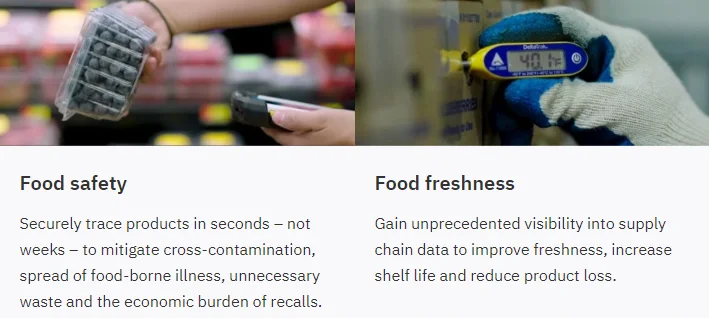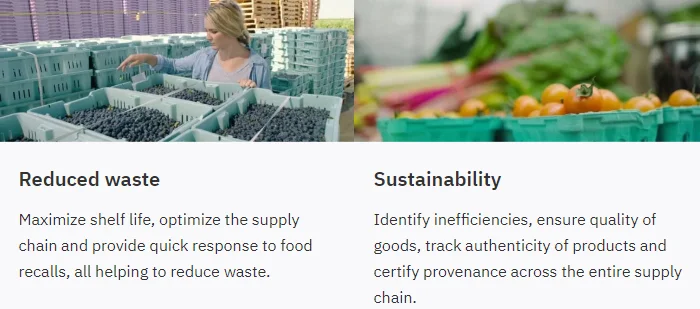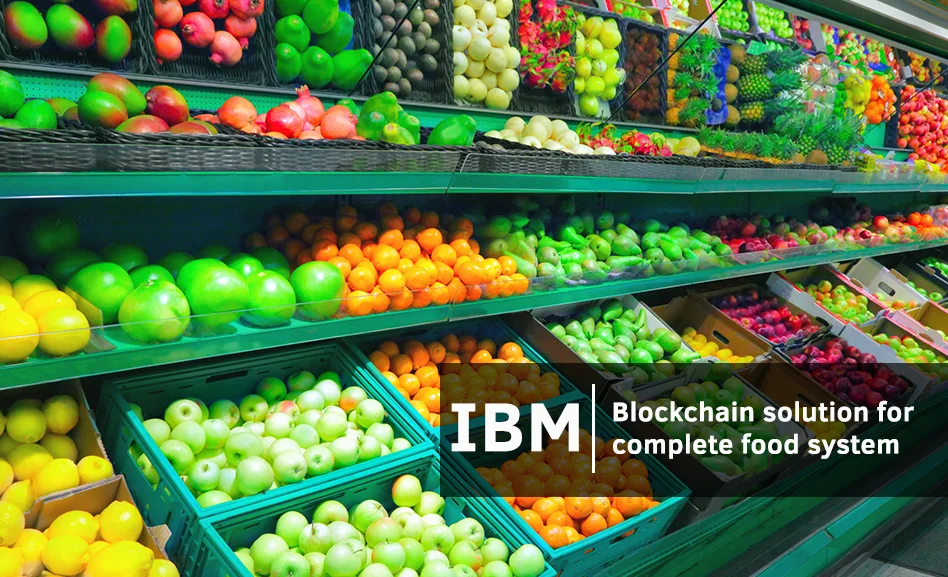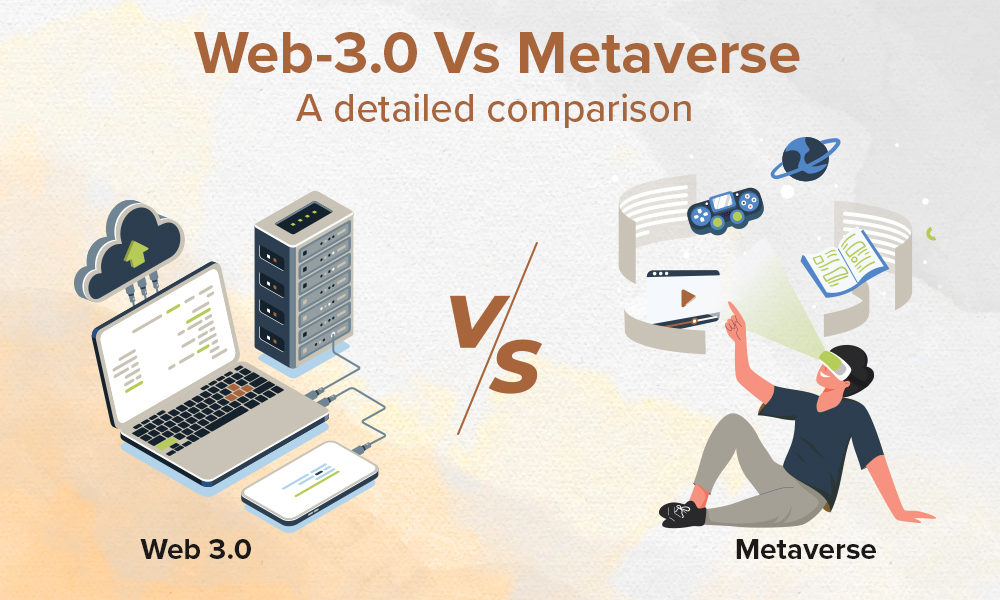People in the tech world have constantly been identifying the potential of blockchain for various industries. The latest in this regard has come as Blockchain food traceability. Blockchain is gaining momentum in the food sector to provide transparency in the food supply chain. Many big companies are trying to deploy the technology in the food industry to make the processes fine-tuned. One such implementation occurred last month when IBM, one of the top global IT companies, launched a blockchain-based Food Trust Platform to trace the food supply chain. The launch of the platform marked one of the first times that an enterprise blockchain is being deployed at this scale.
Let us discuss more about the platform and what all it has to offer!
IBM Food Trust Platform
The platform is amongst the newest contribution to the blockchain ecosystem. IBM made the announcement on 8th October that its platform is available to all participants in the food sector, making it possible to track the item on food supply chain to ensure transparency and traceability. The end result is possibly enhancement in food safety, freshness, and on the other side, a reduction in the overall wastage.


Source: IBM.com
With the help of IBM Food Trust Platform, businesses will be able to map the location of food products from the origin to the retailers’ shelves. For instance, tracing apples from the farm to retailers throughout the supply chain. The platform has been live for a month and is being used by suppliers, wholesalers, and retailers globally.
Partners of the network
IBM Food Trust Platform has multiple partners such as Walmart, Wakefern Food Corp, Beefchain, Smithfield, and Topco Associates, a co-op that represents 49 members. The number of retailers partnering with the platform is increasing a significant pace. Recently, French retail giant Carrefour has joined IBM Food Trust Blockchain network.
Carrefour has deployed blockchain food traceability to trace chickens in various countries including France and Auvergne. The integration will enable buyers to track every stage of production with the help of their smartphones. Also, the retail giant is planning to expand the implementation of blockchain to other food items such as eggs, honey, tomatoes, and other consumable items.
Conclusion
By simplifying the tracking of food items, IBM has facilitated businesses maintaining supply chain effectively. The platform is highly scalable and can be used by companies such as Google and Amazon. Moreover, the tech giant is also working on another blockchain platform to facilitate other major industries. In particular, the banking sector is likely to use IBM’s blockchain-as-a-service technology to test its suitability for processing international remittances. The whole market is readily participating in implementing blockchain to make things smooth, transparent and more secure.
Want to stay updated about blockchain? Subscribe to our blog and get the latest updates right in your inbox.



.jpg)
